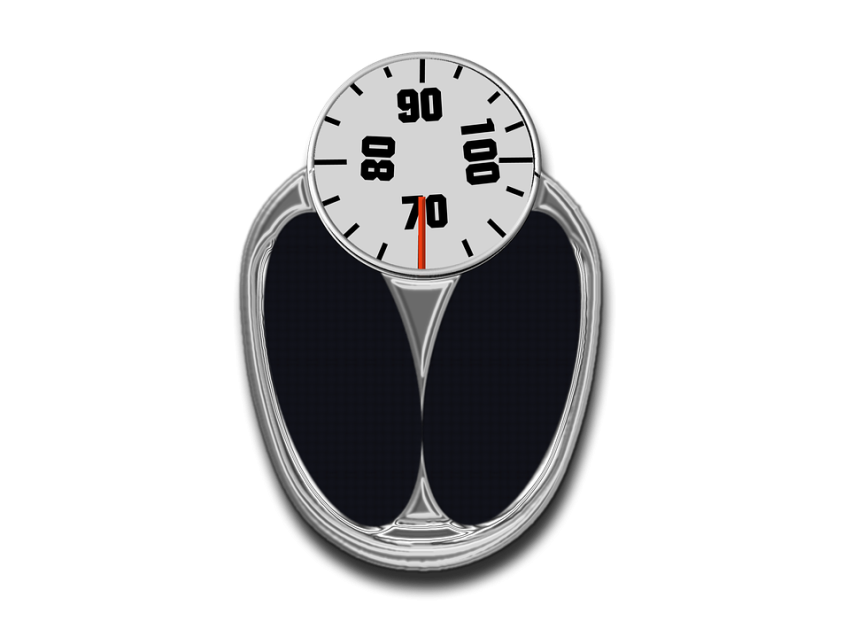

Losing weight is a common goal for many people, but it can often feel like an uphill battle. However, by understanding the science behind weight loss, you can make informed choices that will help you achieve your goals more effectively.
One of the most important principles of weight loss is understanding the concept of calorie balance. Simply put, weight loss occurs when you consume fewer calories than your body needs to maintain its current weight. This creates a calorie deficit, which forces your body to burn stored fat for energy, leading to weight loss over time. To achieve this deficit, you can either reduce your calorie intake, increase your physical activity, or both.
In terms of diet, it’s important to focus on nutrient-dense, whole foods that are rich in vitamins, minerals, and fiber. These foods will not only help you feel full and satisfied, but they will also provide essential nutrients that support a healthy metabolism and overall well-being. Some examples of nutrient-dense foods include fruits, vegetables, lean proteins, whole grains, and healthy fats.
In addition to eating a balanced diet, exercise is also crucial for weight loss. Physical activity increases your calorie expenditure, builds muscle mass, and boosts your metabolism, all of which can help you achieve and maintain a calorie deficit. Aim for at least 150 minutes of moderate-intensity exercise per week, such as brisk walking, cycling, or swimming, along with two days of strength training to build muscle and burn more calories.
It’s also important to get enough sleep and manage stress, as these factors can impact your weight loss efforts. Lack of sleep can disrupt your hormones and increase cravings for unhealthy foods, while chronic stress can lead to emotional eating and hinder your progress. Aim for 7-9 hours of quality sleep each night and practice stress-reducing techniques like meditation, deep breathing, or yoga to support your weight loss journey.
Finally, it’s important to be patient and consistent with your weight loss efforts. Healthy, sustainable weight loss is gradual and can take time, so don’t get discouraged if you don’t see immediate results. Focus on making small, sustainable changes to your diet and lifestyle, and celebrate your progress along the way. By understanding the science behind weight loss and implementing these tips and tricks, you can achieve your weight loss goals and improve your overall health and well-being.






